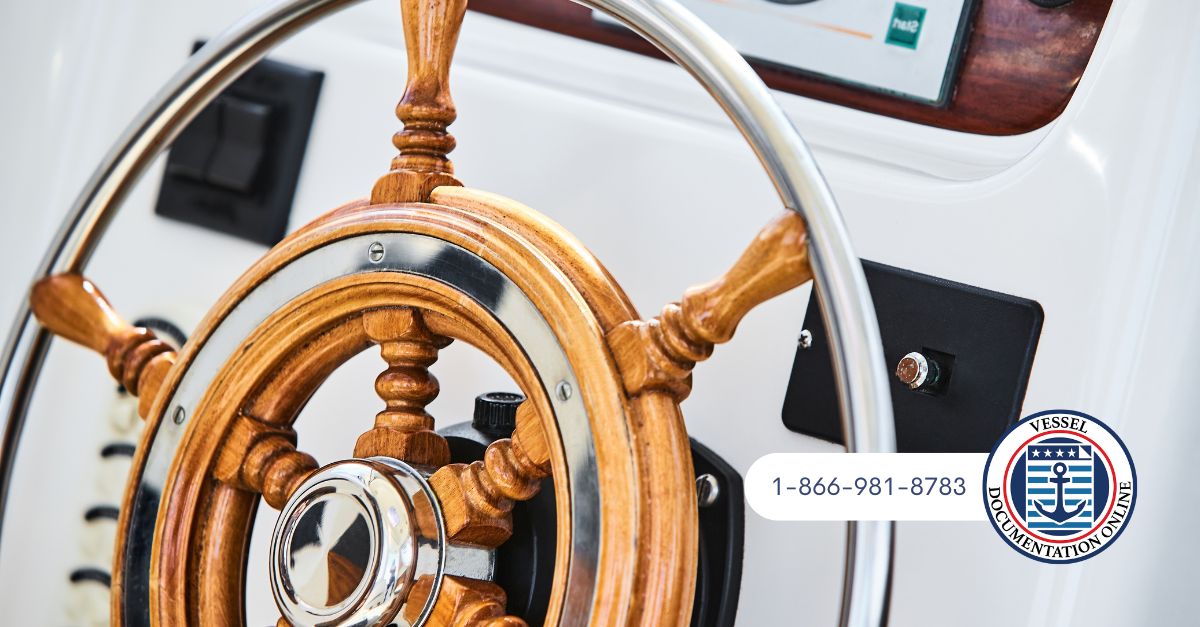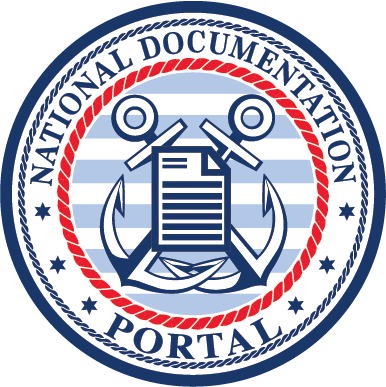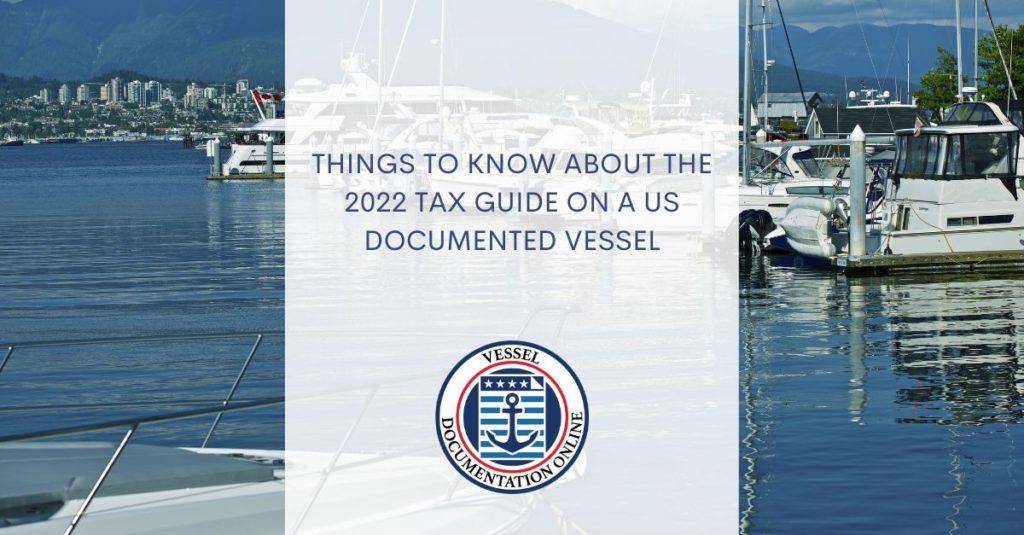The newly published 2022 Tax Guide for US Vessel Owners is now online and is crammed with information on the most recent tax changes that impact documented boats. If you own a US documented vessel, it is imperative that you read this book to ensure that you are up to speed on all of the most recent laws and regulations. When it comes to the tax law and how it applies to their boat or ship, this handbook offers the owners of vessels crucial information on how to manage it. Even though many adjustments have been made this year, certain things have not changed. The following is essential information about the guide:
The Depreciation Deduction Has Been Increased For Owners of New Vessels
The depreciation deduction is only one of the many areas of the tax code that the new legislation has altered. New boat owners may deduct more money from their taxes thanks to this change. The newfound leeway in the guide’s depreciation methods may result in more significant write-offs for boat owners. The newfound leeway in the guide’s depreciation methods may result in more significant write-offs for boat owners. Depending on the upgrades you’ve made to your US documented vessel, you may be eligible for a tax break under the new regulations.
Under the “qualified improvement property” provision, boat owners may deduct the money they put into specific upgrades provided those upgrades match the rules. To begin, ship owners may write off a more significant portion of their investments in their new boats as depreciation. The maximum deduction for eligible boats has risen from $16,000 to $17,500. This is the maximum allowable deduction; extra deductions may apply if the vessel has a useful life of less than a year.
Renewal Fees Have Been Waived For Owners Who File Their Taxes Electronically
New tax forms will be sent to boat owners who have documentation. A new form, the 706, will be issued by the IRS to boat owners in addition to the 1040/Schedule C and Schedule SE. In the middle of January, you’ll get the updated forms (at no cost, of course). Although tailored to boat owners’ unique requirements, filing a 706-NA isn’t automatic; you’ll need to fill out a separate section at the beginning of your 1040 to request it. You may get guidance on how to proceed with this by reading the instructions for Form 1040, Page 1.
Electronic tax filing also allows you to renew your boat’s paperwork at no cost. Renewal costs are deductible on your federal income tax return (Form 1040) and must be included with your paper tax return. Second, if you want to pay online with a credit card or electronic check, you have to renew before the deadline, or else you’ll have to pay an $11 late fee every month until you do.
A New Credit Has Been Introduced For Owners Who Install Solar Panels on Their Vessels
The Maritime Administration of the United States Department of Transportation (MARAD) has released a new tax guide in response to changes made to the Internal Revenue Code (IRC) and the Tax Relief, Unemployment Insurance Reauthorization, and Job Creation Act of 2010 (collectively, “Tax Reform”). These changes have an impact on an owner of a US documented vessel. Owners of vessels subject to certain taxes will find this manual invaluable.
Incentives like the new solar panel tax credit are fantastic for encouraging ship owners to install renewable energy systems. In other words, if your tax liability is higher than the sum of all your deductions and credits, you can write off the money you spent on this technology as a business expense. Because information about the installation process is required to claim this credit, the IRS also recommends that taxpayers keep all relevant receipts and paperwork.

There is now a Loophole Allowing Owners to Deduct the Full Cost of Their US documented Vessel in the Year of Purchase.
The number of registered ships in American waters has steadily risen with the nation’s thriving maritime sector. Nearly half of the 254,840 verified vessels in US waters in 2016 were pleasure craft. Since more of these valuable boats are plying our bays and beaches, the Internal Revenue Service has issued a new paper outlining the proper tax reporting procedures for boat owners. This is a condensed version of the information your accountant or tax consultant will supply; there are numerous additional expenditures associated with boat ownership that are not included here. A new loophole lets boat buyers deduct the whole purchase price in the year they invest.
Vessel Documentation Online LLC has compiled a list of essential facts that you should know about the taxation of documented vessels for the coming year. Contact Vessel Documentation Online LLC. by calling (877) 564-1398 for more information.

